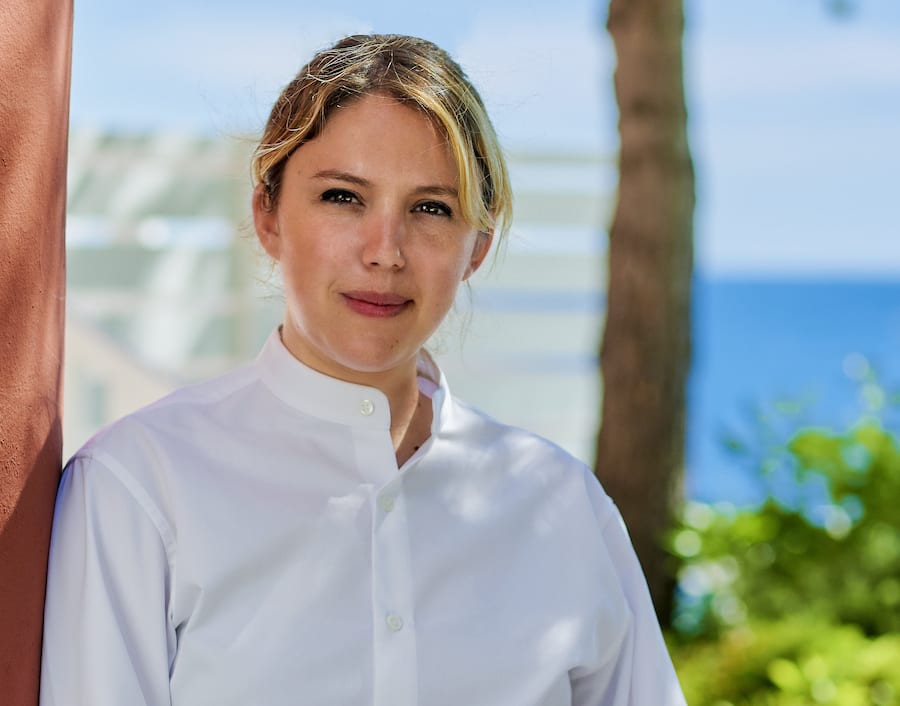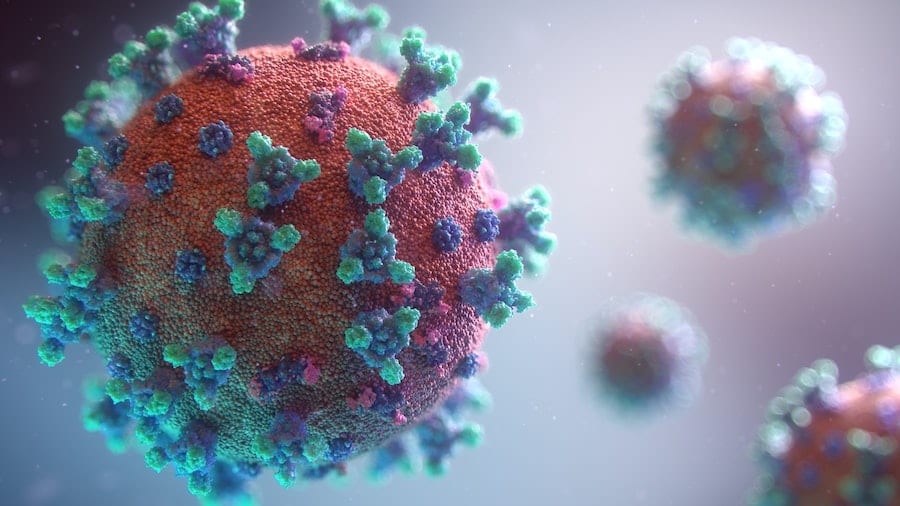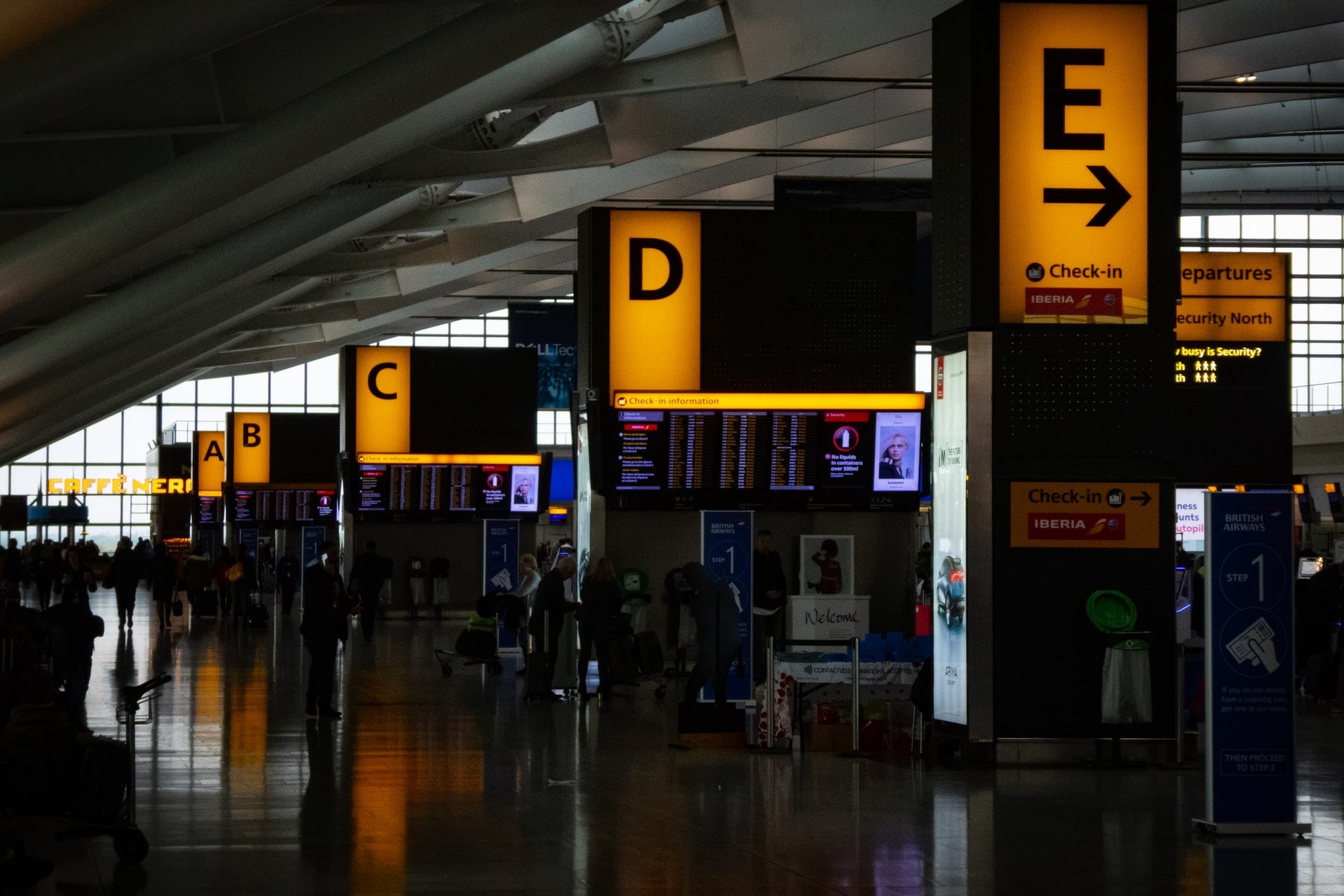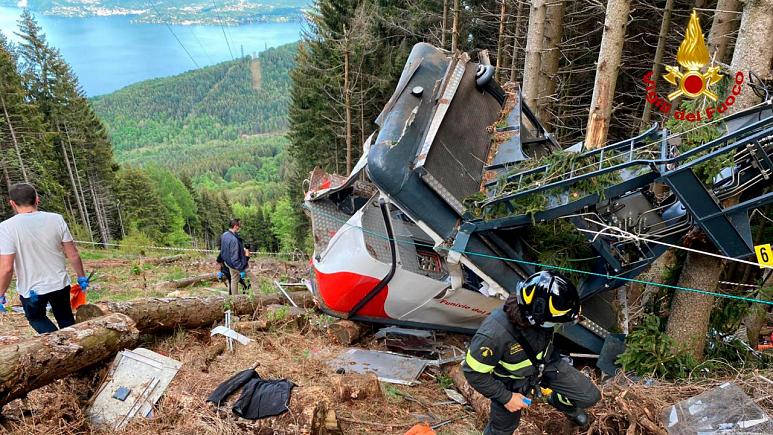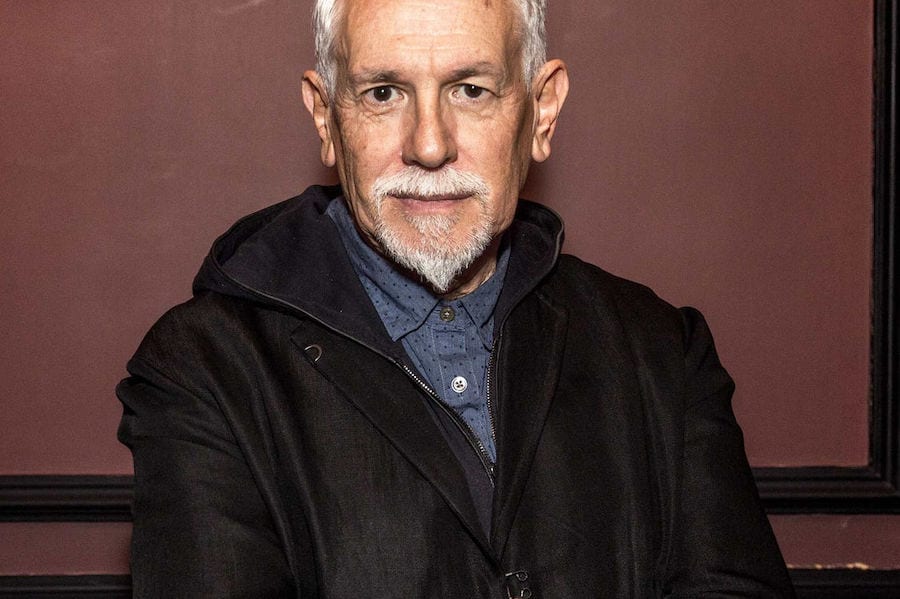Chef Manon Fleury has signed on as new Head Chef at the Michelin-starred Monte-Carlo Beach restaurant Elsa, where her dedication to responsible, sustainable and delicious food options aligns perfectly with the philosophy of the restaurant.
Elsa Restaurant will have a new chef at the helm this summer season with the addition of Manon Fleury who is completely in line with the restaurant’s aesthetics and a desire to produce amazing meals sourcing locally-grown products and using the “zero waste” philosophy. This entails complete use of every ingredient, head to tail, stem to stone, and flower to leaf.
Fleury will be following in the revered footsteps of Eileen Gray, Elsa Maxwell, and India Mahdavi at the first 100% organic, wild fish-only starred restaurant in the world. She is, at the age of 30, already an experienced chef, having worked at Le Marmoz in Paris, and earning the Young Chef Prize at the 2019 first edition of the La Fourchette awards.
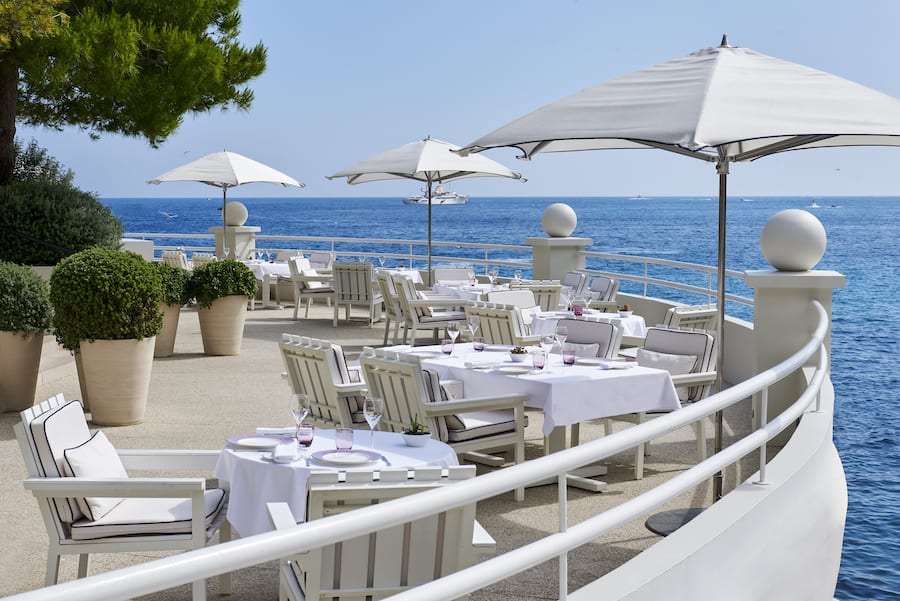
“The invitation of the Elsa restaurant to come and sublimate the exceptional products of the Monegasque region through demanding cuisine was obvious,” said Fleury. “I know that my cuisine, rooted in its territory and ecologically conscious, will be able to flourish there and that our collaboration will strengthen the convictions and commitments that the restaurant Elsa and I have in common. It is also a recognition of the work accomplished, which I hope will inspire other women to carry out their projects and take on the highest responsibilities.”
Danièle Garcelon, Managing Director of Monte-Carlo Beach, is thrilled to have a chef onboard who has such a like-minded approach, saying, “The Monte-Carlo Beach wants to take care of people and nature on a daily basis. Thanks to Manon Fleury, we are going to take our restaurant Elsa even further in an approach combining organic, local food and zero waste. Her talent, personality and convictions made the difference, the chemistry was immediate!”
The new menu will be inspired by local products that are sustainably sourced. To this end they will work with nearby estates and gardens, including the Jardin des Antipodes in Menton for aromatic herbs and fruit, and the Domaine d’Agerbol on the heights of Roquebrune-Cap-Martin, whose organic vegetable production gives Elsa a zero-kilometre source for the freshest produce.
Some of the delicacies that diners will be able to enjoy, when Fleury officially starts at Elsa, will be Gamberoni from San Remo with a raspberry and nasturtium flower jelly, a vegetable and herb pie from the garden of Agerbol, and a sea bream cooked in fig leaf with steamed rice and a virgin sauce.
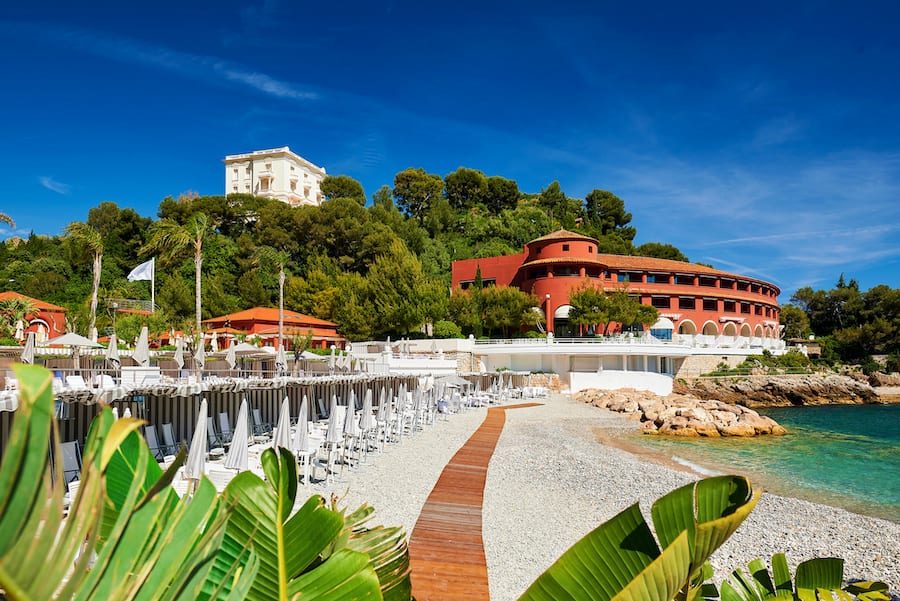
The eco-friendly approach extends beyond the kitchen at Elsa, where a moderate use of water and energy resources are highlighted, as well as a policy of reducing or recycling waste in the most efficient ways.
The Monte-Carlo Beach itself has also made upgrades in the past year to keep in line with the environmentally astute philosophy, notably the finalisation of reclaiming the original beach from the 1930s whilst protecting the site using a sophisticated underwater reef dyke that promotes a fish population as well as being positive impactful.
Manon Fleury will be serving up her delicious new menu from 28th May.
Photo of Chef Manon Fleury provided by SBM
